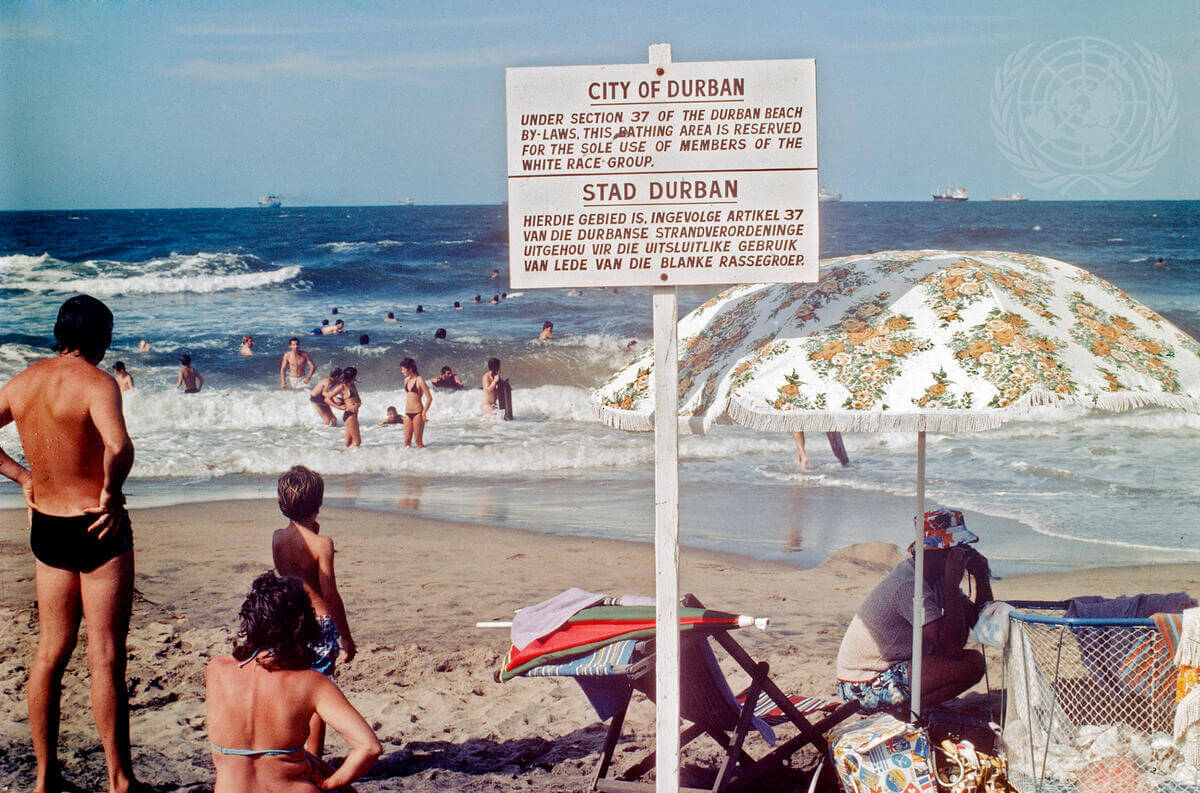Even the apartheid regime in South Africa never outlawed human rights defenders in the manner that Israel just did when it declared six Palestinian organizations to be ‘terrorist organizations.’

Israel has declared six organizations in occupied Palestine committed to the cause of human rights to be “terrorist” organizations. These organizations are: A- Haq, which monitors human rights violations in occupied Palestine and in recent times has played an important role in providing assistance to the Prosecutor of the International Criminal Court in its investigation of crimes committed by Israel in occupied Palestine; Addameer, which provides assistance to Palestinian prisoners and highlights the torture of prisoners by Israel; Defense for Children International (Palestine), which promotes the well-being of children in occupied Palestine; the Union of Agricultural Work Committees, the Union of Palestinian Women’s Committees and the Bisan Center for Research and Development.
This declaration made in terms of an Israeli law of 2016, authorizes Israel to close their offices, seize their assets, jail their staff members, prohibit funding and punish public support for their activities.
Today comparisons are increasingly made between the laws and practices of apartheid South Africa and those of Israel in occupied Palestine. Two highly respected human rights organizations, Human Rights Watch, based in the United States, and B’Tselem, an Israeli NGO, have recently declared that Israel practices apartheid in occupied Palestine. The Prosecutor of the International Criminal Court is at present investigating whether Israel has committed the crime of apartheid in occupied Palestine. In 2007, when I was UN Special Rapporteur on Human Rights in the Occupied Palestinian Territory, I reported that I had no doubt that Israel’s laws and practices constituted apartheid, as assessment based on forty years of living under apartheid in South Africa and directing a human rights advocacy body for more than a decade.
This prompts me to examine apartheid South Africa’s response to organizations that opposed it or which monitored its racist and repressive practices.
South Africa had legislation resembling the 2016 Israeli law, which allowed it to declare organizations unlawful. Acting under this legislation the South African government outlawed the communist party, the African National Congress, the Liberal Party, the National Union of South African Students and the Christian institute, among others. These laws were clearly wide enough to allow the apartheid regime to close down organizations that monitored human rights violations, advocated human rights and litigated in favor of human rights.
In the late 1970s at the height of apartheid, a number of human rights organizations were established, mainly with funding from the United States.
In common they monitored human rights violations, advocated racial equality and political freedom, opposed political repression and litigated for social change. In many respects, the work of these organizations resembled those of the six Palestinian organizations recently declared unlawful. One of these organizations was the Centre for Applied Legal Studies which I directed.
The apartheid regime of South Africa made it clear that it disliked these human rights defender organizations, particularly when their publications and litigation drew attention to torture, land seizure, house demolitions, political repression and apartheid – the sort of activities for which the six Palestinian human rights defenders have been outlawed.
But it did not outlaw these organizations although it had the laws that would have authorized this. Why not? I suspect the main reason was that they were all organizations that sought to use the law to advance racial justice. They provided evidence, particularly for a hostile international community, that South Africa respected the Rule of Law. And this South Africa realized was crucial to maintain some semblance of respectability with Western states.
Israel has now outlawed six human rights defender organizations which, like their South African counterparts, seek to obtain justice within the law for Palestinians by highlighting torture, house demolitions, land seizure, settlement expansion, settler violence, racial persecution, forcible transfer of Palestinians – and Israeli apartheid.
This provides evidence that Israel is not concerned about its image as a state that respects the Rule of Law. It has no need to do so because it knows that the West will not take action against it for any wrongdoing. Israeli exceptionalism, it knows, is a Western value which forgives Israel all its crimes.
Today fair-minded and informed people no longer ask the question, “does Israel commit the crime of apartheid in occupied Palestine?” They accept that the evidence shows clearly that Israeli Jews in the West Bank and East Jerusalem, comprising over 800,000 settlers and soldiers, constitute a racial group that systematically oppresses the Palestinian racial group by means of inhumane acts – the definition of the crime of apartheid in the Rome Statute of the ICC. Instead, they ask the question:“Is Israeli apartheid worse than that of South Africa?” Judged by Israel’s latest action against human rights defenders, the answer must be Yes.
